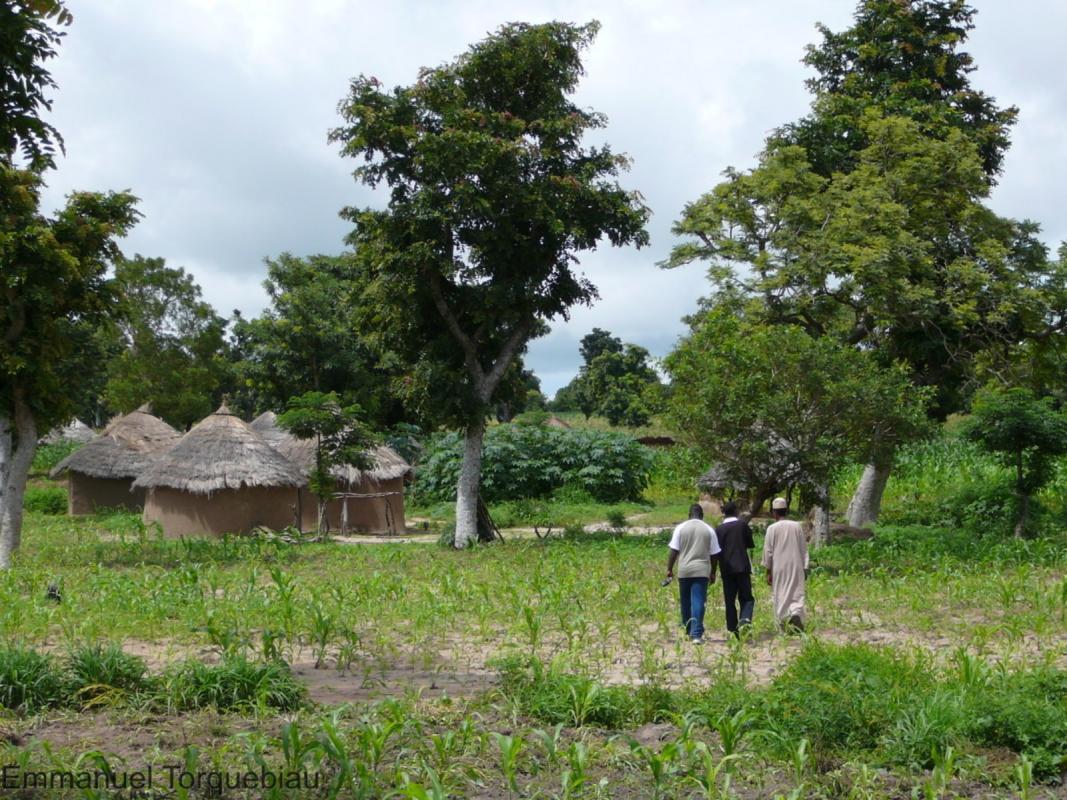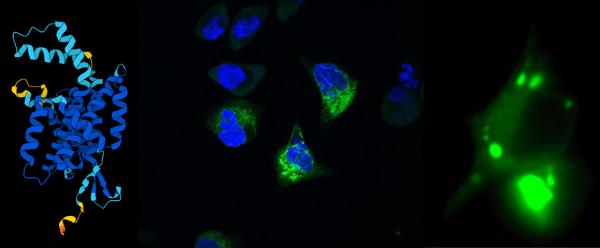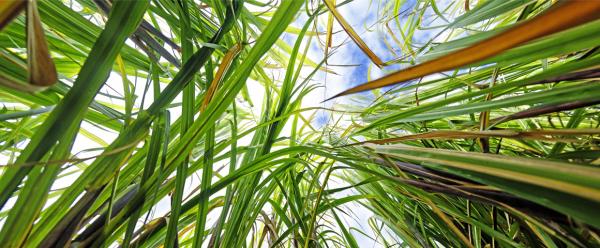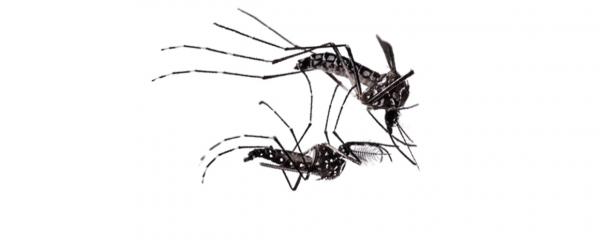Results & impact 2 April 2024
- Home
- Press area
- Press releases
- Adapting crop fertilization in Africa to the climate change context
In Africa, poor soils and limited fertilizer use mask the impacts of climate change on crops

To increase yields without exacerbating the effects of climate change on crops in Africa, rational fertilizer use, particularly organic fertilizers, in farming systems – in this case an agroforestry system – will be vital for the future © E. Torquebiau, CIRAD
Rainfed cereal production, i.e. without irrigation, is crucial for food security in sub-Saharan Africa. Maize is the most widely cultivated cereal there. The sensitivity of this crop to climate change, combined with the projected temperature increase of between 1 and 4°C in the decades 2081-2100 compared to 1986-2005, is therefore a cause for major concern.
According to the findings of the study, the +4°C scenario could lead to a significant reduction in yields, especially for crops with nitrogen fertilization, even though this intensification, which could have a low environmental impact if it is done properly, is now considered to be essential to food security.
Climate impacts increase with soil fertilization, which is nevertheless necessary
In sub-Saharan Africa, farms growing maize currently obtain very low yields compared to what the species and the climate allow when water resources and soil nutrients are sufficient.
“Contrary to very popular belief, these low yields are generally not caused by insufficient rainfall ”, says Gatien Falconnier, lead author of the study and an agronomist at CIRAD, “but rather by low organic and mineral fertilizer use on soils that are often very poor in nutrients, especially nitrogen ”.
The article shows that the impact of climate change on maize cultivation in sub-Saharan Africa increases with the amount of nitrogen added by fertilizers. With zero nitrogen fertilization, which corresponds to the majority of current farming practices, a temperature increase of 4°C would lead to a decrease in maize yields of around 14%. With abundant nitrogen fertilization (160 kg/ha), on a par with applications for maize in the countries of the North, this temperature increase would result in a decrease in yields of almost double that, at 26%.
“There is a broad consensus in the scientific community on the need to significantly increase cereal yields in sub-Saharan Africa ”, stresses Gatien Falconnier. “In order to address food security challenges in Africa and the rest of the world for the next generation, nitrogen soil fertilization is essential, and must be sustainable and balanced in terms of organic and mineral inputs ”.
Sub-Saharan farmers who commit to this crucial integrated management of their soil fertility should therefore feel the effects of climate change far more acutely.
“The challenge is not to reduce the climate risk in the low-input cereal systems that are currently prevalent in sub-Saharan Africa, which are in fact fairly resilient to these risks ”, says the researcher. “The goal is rather to reduce the risks associated with the transition to cropping systems that, although agroecological, are nevertheless more intensive. We can, for example, optimize the choice of varieties, the mineral and organic fertilizers used, and the choice of agronomic practices in view of local constraints for farmers. The development of political and financial instruments to reduce these risks and to support appropriate adaptation strategies will therefore be critical ”.
A lack of reliable data on the impact of family farming practices on soils and crops
The article also points to the very high uncertainty associated with projections from the maize growth simulation models typically used.
“There is a widespread misconception that the simulation models for cultivated ecosystems developed over several decades, primarily through agricultural research in the industrialized countries, would be just as effective in the South as in the North ”, say Gatien Falconnier and François Affholder from CIRAD. Many people use them today to predict crop behaviour in the South under the effect of climate change or changes in farming practices. However, the experimental data from industrialized crops in the countries of the North do not necessarily reflect the ground truth in many countries of the South.
The authors therefore underline the urgency of financing research that prioritizes field experiments, in particular in family farming plots, to acquire data that takes account of the diversity of cereal crop contexts in sub-Saharan Africa.
The paper published from this study coincides with the AgMIP8 global workshop being held from 13-15 October 2020 , a reference scientific meeting for researchers involved in crop modelling .
Reference
Falconnier, Gatien, et al. 2020. Modelling climate change impacts on maize yields under low nitrogen input conditions in sub‐Saharan Africa. Global Change Biology.
25 crop simulation models mobilized, and a broad scientific partnership This study, coordinated by CIRAD and published in Global Change Biology , is the result of simulations conducted with 25 different models simulating crop growth, involving 56 researchers from 31 research institutions from around the world. The models were calibrated on experimental data for maize growth from five sites (Mali, Ghana, Benin, Ethiopia, Rwanda) representative of the diversity of environmental conditions for maize cultivation in sub-Saharan Africa. These models were then used to simulate the impact of rising temperatures on maize yields. The study was carried out as part of the Agricultural Model Inter-comparison and Improvement Project (AgMIP) which brings together international research teams in crop modelling. Researchers from CIRAD's AIDA and AGAP units are coordinating an initiative on low-input systems in the tropical countries within AgMIP. |


























